Soundbites Over Sound Ideas
‘It’s a no to NOS.
We will ban nitrous oxide, also called laughing gas, putting an end to the littering of empty canisters and intimidation in local parks.’
This tweet by Downing Street earlier this year tells you everything you need to know about its policies. In an attempt to curb antisocial behaviour and littering, the government wants to ban nitrous oxide, more commonly known as laughing gas.
Seriously.
Ok, is it the worst policy in the world? No. It’s probably one that most people would agree with. The problem is that the government has said that banning it would end the issues described. It’s a plaster on a stab wound.
That’s what the government likes to do. It likes to offer pretty promises that won’t do anything to curb real issues.
Anti-Social Behaviour
Anti-social behaviour is evident in our communities. The elderly may grumble about how ‘kids in my day had more respect’ and to give them credit, they’ve got a point.
Society has a lot to say as to why this is. One reason given is the destruction of the nuclear family, especially fatherlessness. Studies have shown that children who grow up in single-parent families, particularly those without a father present, are more at risk of becoming criminals. Others point to a lack of discipline in the home and school. Scottish teaching unions warn that teachers are at risk of dismissal and unfair treatment when disciplining children.
Banning nitrous oxide will not solve the problem of anti-social behaviour. They will still drink and smoke weed and cause chaos. They will continue because they know that they can get away with it. The government and other authority groups are yet to actually come up with a solution to these problems. If they continue to allow criminals to get away with things, then they will.
Labour often blame the Conservatives for this. The usual line is that the Tories have slashed funding for youth and community centres, which encourages crime and anti-social behaviour. This is an argument many refute. Many live in areas with parks and swimming pools and leisure centres. These are free and accessible activities. Bored kids don’t go out and rob. These are kids with no discipline or regard for other people. It’s easy to find something to do these days. Instead, lack of discipline and glamourising such a lifestyle fuels this epidemic.
Obesity
The Welsh government has unveiled plans to restrict 2-for-1 deals, multibuys and other deals on ‘unhealthy’ foods. They have argued that it will help decrease obesity and diabetes.
The English government did a similar thing in 2022, banning sweets and junk foods from being displayed near tills.
The logic behind them is as follows: it will stop people impulsively buying junk food and will prevent kids from begging their parents for treats at the till. Suddenly, obesity and diabetes will drop.
Sure.
Obesity is more than just junk food. Firstly, perhaps the government should acknowledge that a lot of parents and people in general have a thing called self-control. They can easily avoid sweets or just tell their children ‘no.’ Sure, some may fall into it, but many can resist temptation.
Secondly, people will also still go down the sweet aisle. They will still get treats, even if they’re a little further down.
Thirdly, the government can bog off controlling lives.
In a cost of living crisis, one would think making things more expensive is just a bad idea. If the government was to actually tackle costs, then maybe healthier food would be easier to buy and make. They cannot get rid of convenience, but it would be nice if prices were better. With more and more people feeling the squeeze, the idea of affordable good food is a tempting one indeed.
One must also factor in things like exercise. Eating alone does not solve health problems. Once again, our elders will complain that kids don’t go outside because they’re glued to a screen. I don’t like to give it to them, but again, how often do you see a toddler being pacified by a tablet?
Both indoor and outdoor sports are easily available. It does not even have to be organised- anyone can have a kickabout in the park. Perhaps we could encourage more PE and sports at school. It’s not just kids either- we should all move about a little more.
Heat
Once again, the government wants to ban something. This time, it’s oil boilers that are on the chopping block. The plans would see those not connected to the gas grid be forced to find a new source of heat.
Having new boilers and heat sources installed is not cheap- it can cost up to tens of thousands to replace. That is money not many people have. Add that to high heat and energy bills, mix in the cost of living crisis, and you have a terrible policy.
The plan is a clear attempt to win over environmentalists. Politically, it’s extremely stupid. Most hardcore environmentalists won’t vote Tory anyway. Secondly, rural areas are usually Conservative. Annoying your voters is not a great idea, especially when you’re lagging in the polls.
It’s a policy that is not only politically useless, but it’s actively hurting people’s finances. Once again, the government claims to know best. It’s a pretty soundbite policy, but not a solution.
Once the government decides to find actual solutions- or even just stick their noses out- things could actually improve a bit. Instead, they just focus on nice graphics and soundbites sent out by their press officers. It’s idealism and stupidity in equal measure.
Political spin seems to be the in thing. They tell us what they think we’d like to hear as opposed to using their limitless powers to help. If they are going to get involved in our lives, then let it be for the better.
Soundbites don’t work and the second the government realises that, then progress can be made.

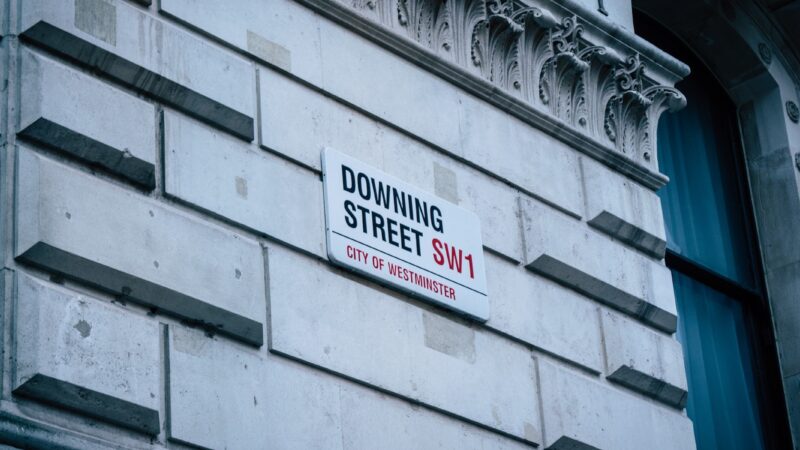


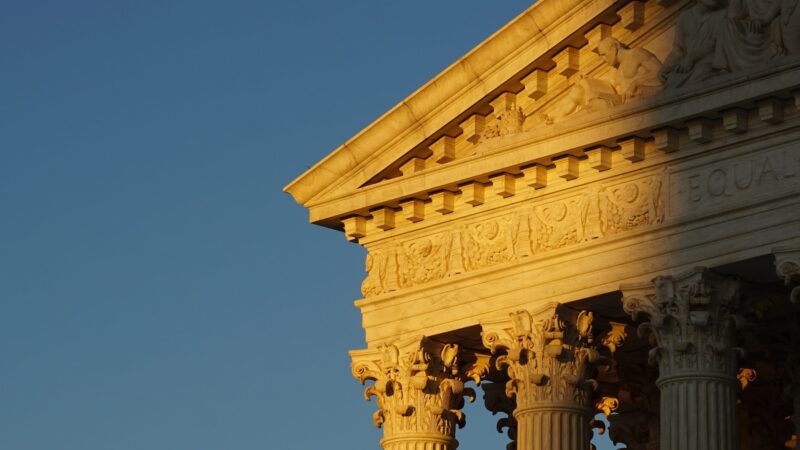

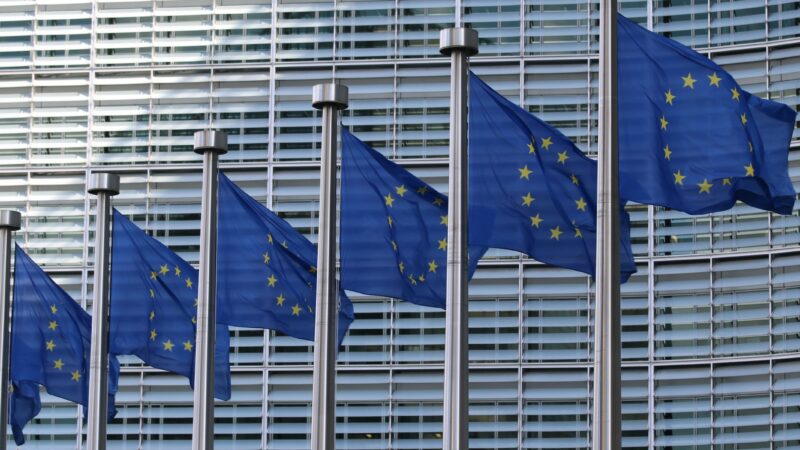
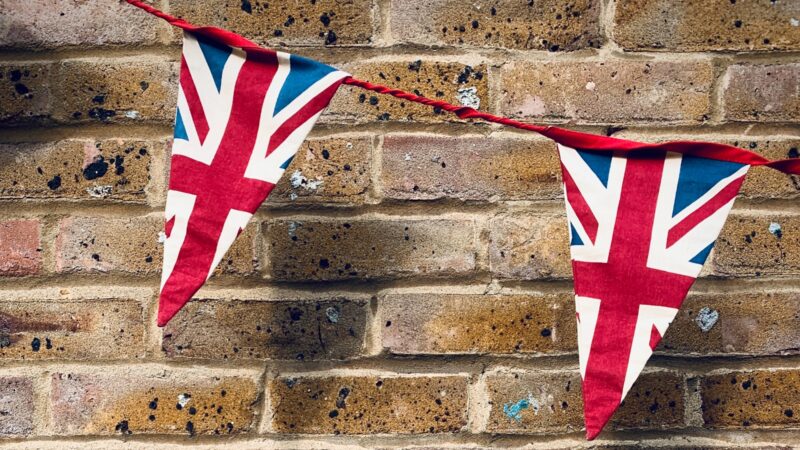

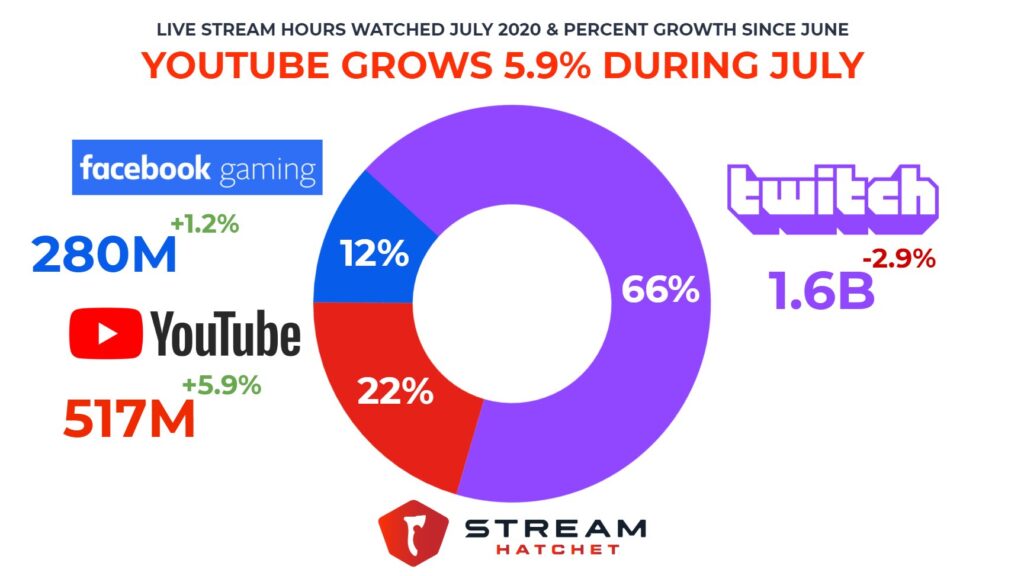
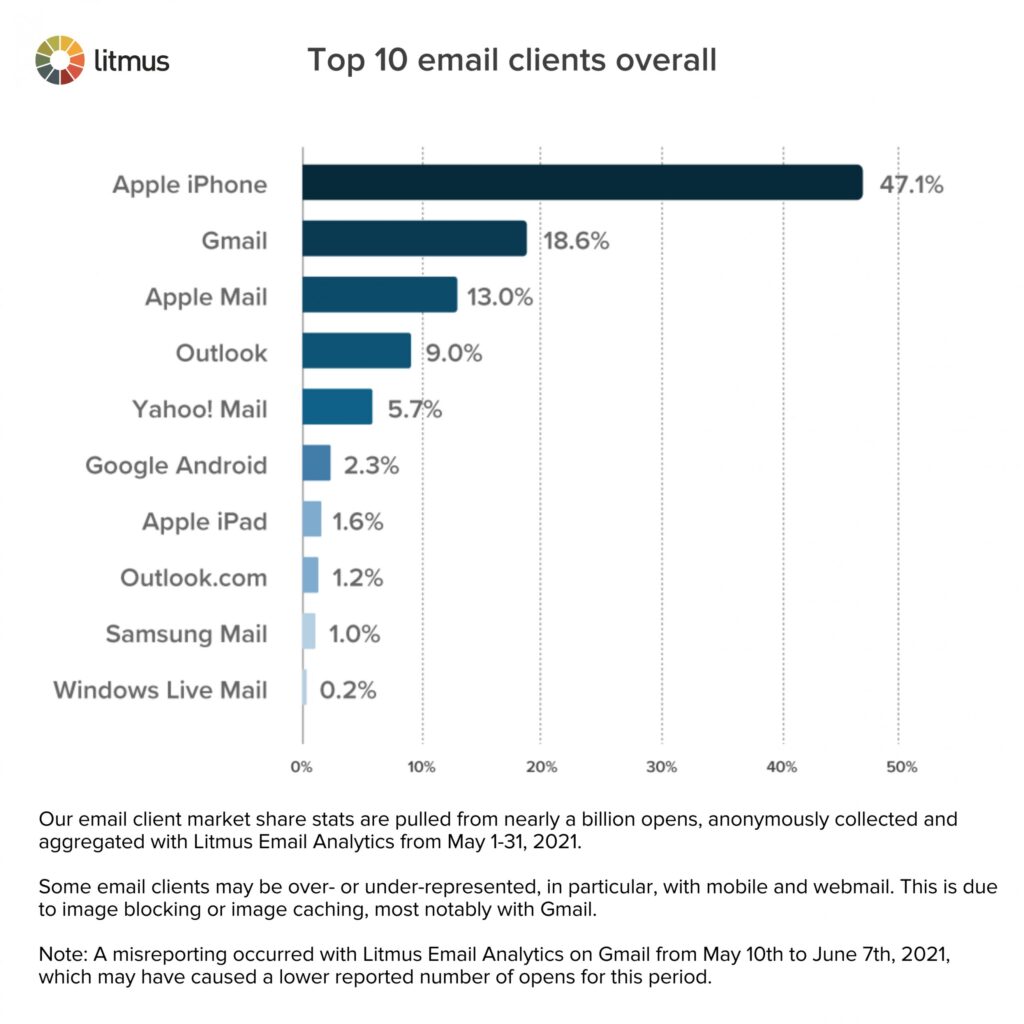
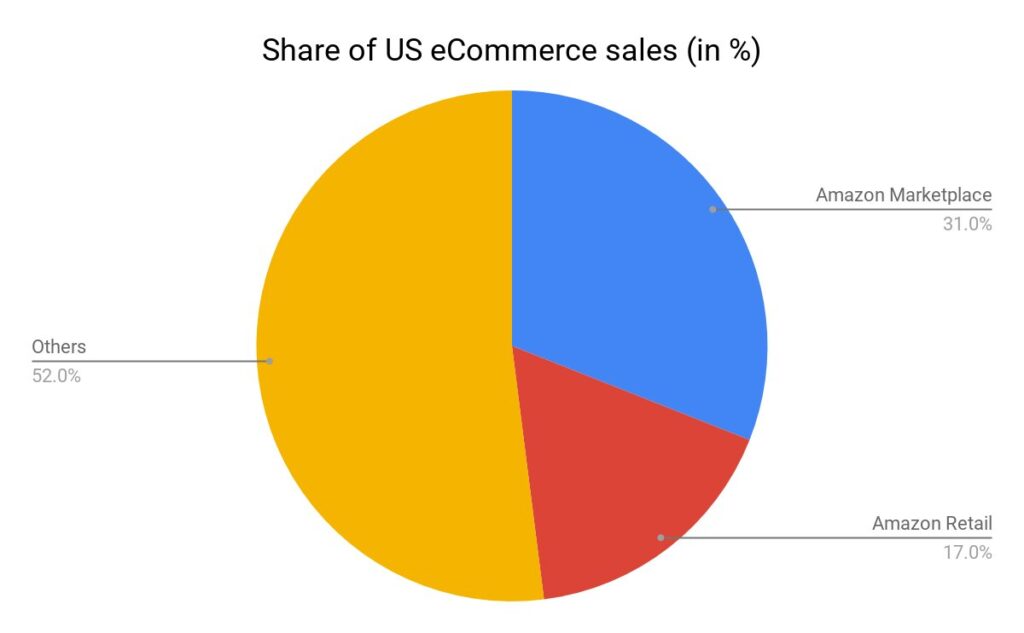
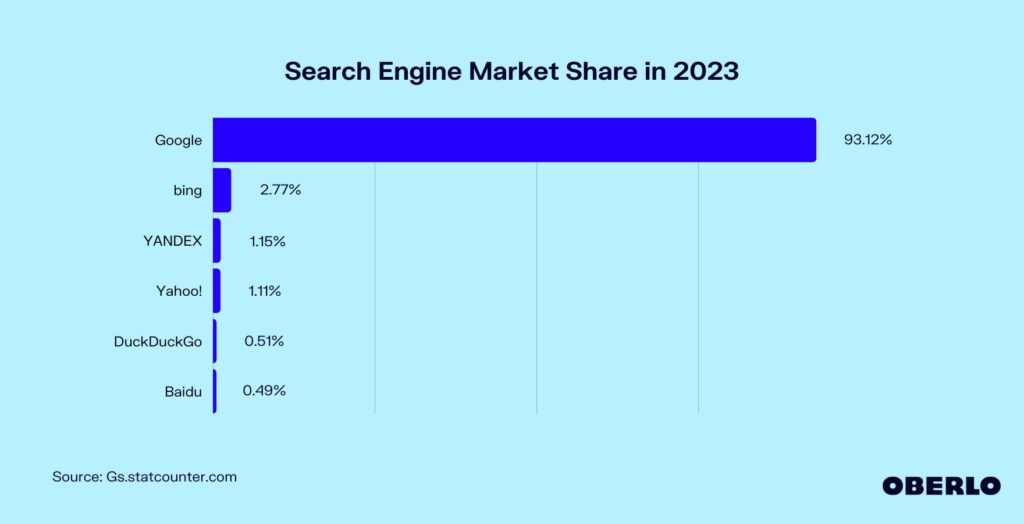


Stop Pigeon Hate
Why is the pigeon so hated? Is it due to his availability as a target? After all, he is a common sight in our towns and cities, so common he can seem like an omnipresent nuisance.
Maybe it’s his appearance? Admittedly, he is less stunning than other birds; his generally grey countenance is far less pleasing than the radiant scheme of a kingfisher or the sparkled wings of a starling.
Perhaps it’s his stature? Small and stout, he’s certainly an easier target than any bird of prey, lacking the brawn of an eagle or the sleekness of a falcon.
Whatever the case, the pigeon does not have a good reputation. Recently, he has faced criticism for a variety of reasons, from trying to liberate mankind from its self-imposed enslavement to mass media, to taking over a house after the landlord made the avoidable mistake of leaving the windows open for four weeks.
In my view, the public’s attitude towards pigeons can be best summarised with a well-known, albeit not entirely original, comment from Ken Livingstone, former Mayor of London: “pigeons are rats with wings.”
Now this is simply not true. Given the opportunity, the pigeon shows himself to be a considerate and upstanding member of our society, which is certainly more than can be said for many of its human participants.
Naturally, some nuance is required. After all, there are many different types of pigeon and there is no strict distinction between a pigeon and a dove, the latter of which has marginally better connotations, such as being a symbol of peace and salvation.
The largest and most common pigeon in the UK is the woodpigeon. Shy and tame, they are mostly grey with white patches on its neck and wings. Although primarily found in rural areas, they can also be found in more urban areas.
Due to their sizeable presence, you’ve definitely heard their call, especially if you live in suburban England. The soundtrack to a gloomy Sunday evening, their gentle cooing stirs a sense of melancholy in the local children, reminding them they have got school tomorrow.
Secondly, there is the collared dove, which gets its name from the black mark which stretches around the back of its neck. Pale brown, with reddish eyes and feet, unless there’s a buffet on offer, they’re almost exclusively seen on their own or in pairs.
Indeed, the collared dove’s unwavering monogamy is arguably more defining than the mark to which it owes its name. Wrapping only half-way around it’s neck, hence it’s comparison to a collar, when united with another collared dove, it becomes a full matrimonial ring. How’s that for nature’s poetry?
Then, there are rock doves. Also known as the feral pigeon, they are ancestors of domesticated pigeon. Coming in a diverse range of colours, from dark blue to black, from pale grey to white, from a rustic brownish orange to a brick-red.
These are the urban sprawl of pigeons. Whilst all creatures are innocent until proven guilty, should you find a stray blob of poop on an inner-city pavement, he’s going to be your prime suspect. When people speak of rats with wings, they think of the cooing greaseball known as the rock dove.
Similar to rock doves, stock doves have darker feathers, especially on their rump and wings, a distinct green neck patch, and a pink chest. Concentrated in the English midlands and southwest, becoming rarer in northern Scotland and Ireland, the UK is home to over half their European population.
However, unlike the rock dove, the stock dove is less likely to be seen in urban and suburban areas, preferring farm life to big city living. This is because he is generally shyer and more averse to humans than his cosmopolitan cousin.
Finally, the turtledove is the runt of the flock, being only slightly bigger than a blackbird. Arriving in the UK in spring and leaving for Africa in winter, its feathers are a distinctive mottled mix of a black and golden brown, with a white-rimmed black tail.
Unlike his relatives, the turtledove is a picky eater, choosing to indulge on cereal grains, oilseed rape, and chickweed. Unfortunately, due to his refined tastes, the turtledove has been in decline since the mid-90s, largely due to a lack of his favourite delicacies.
Given this, we can see that the pigeon is not merely a rat with wings. All at once, the pigeon is a sensible everyman, a young lover, a boisterous yuppie, a country bumpkin, and a persecuted aristocrat. They are diverse and endearing creatures with varying personalities and habits, reputations and interests, but much of the public want to exterminate him over a few measly droppings.
Every bird defecates, but the pigeon is solely hated for doing so. It’s for this reason I militantly oppose anti-pigeon architecture. Every public building in Britain is glazed with spikes, ruining their appearance in the name of protecting it.
On several occasions, I have sat in York station, waiting for my train home, with a quiet emotional investment in pigeons looking for somewhere to perch, watching them steer clear of the spikes, mentally cursing the communist station master who had them installed.
I’d prefer railway staff clean up bird droppings than behave like members of the Cheka, indulging their pathetic power fantasies by shouting at people for standing less than a country mile behind the yellow line. Mate, mate, mate. Health and Safety, yeah?
Following the riots of Oxford Street, which included looting and violent clashes with the police, one left-wing academic suggested the chaos could’ve been avoided if the rioters had access to public swimming pools.
As most people realised at the time, this suggestion is ridiculous on a number of levels. For one, unlike animals, humans have an innate tendency towards evil. It is easy to imagine machete brawls between illiterate migrants and fake bomb threats by TikTok pranksters overrunning such places.
However, it raises an important, if only loosely related question: why are there so few public birdbaths?
Despite his reputation as a feathered hobo, the pigeon is quite a cleanly creature, taking every chance he gets to fastidiously groom himself.
We have a birdbath in our garden, and we have many regulars, our most well-known being an especially rotund and fluffy woodpigeon, whom my mother affectionately refers to as Fat Wilbur.
I do not see this ‘winged rat’ Livingstone speaks of. Wilbur makes his stop, does what he needs to do, takes in the atmosphere, before moving on his way, not wanting to overstay his welcome. Should other pigeons accompany him, he makes room, as they do for him, and all is well.
The idea that such tranquillity could emerge in a society as presently low trust as ours is simply absurd. Of course, being a pigeon, it’s unlikely he does this for any pretentious, perception-based reason. Indeed, his fixation must be rooted purely in the value of cleanliness itself!
However, contrary to pervasive anti-pigeon sentiment, the pigeon is not only a cleanly creature, but a clever one too.
It can be hard to accept that pigeons, creatures known for flying into windows and pecking at cigarette butts, can distinguish between Picasso and Monet, but they can. In fact, according to the scientific research we have, pigeons are amongst the most intelligent birds in the world, showing a variety of relatively complex cognitive abilities.
Of course, whilst it is undeniable that humans are much smarter than pigeons, we do not use our superior faculties particularly well.
Whilst humanity may be threatened by the whims of idiots or a lack of imagination, hindering our ability to innovate and develop, our kind is similarly threatened by overthinking.
As a result, we deny ourselves the ability to be authentic, we shun risks in the name of avoiding embarrassment and pain when such risks could just as easily bring us laughter and joy. In the words of Paglia: “consciousness has made cowards of us all.”
As such, we should not be surprised when pigeons manage to be funnier than us. Just by being what they are, pigeons are funnier than basically every living comedian. Every wannabe BrewDog-sipping funny man, with his safe-edgy humour and hashed-out irony, fails to be more amusing than a random birb going about its business.
Walking around in circles, sporadically pecking the pavement, stopping occasionally to exhibit his dumbfounded ‘the lights are on, but nobody’s home’ expression, bobbing its head like its listening to a really good song, it is a grave fault in our being that a character as innocently absurd as this is considered less amusing than James Acaster.
Even the mere idea of a pigeon is funnier than most human attempts at humour. Go ahead, in your mind, visualise a pigeon (don’t worry, the cops can’t do anything… yet). You see that? Now that’s comedy. If you deny this, you Just Don’t Get It. Not much I can do about that.
Looking at these odd creatures, has nobody once thought: what are they up to? What’s their game? Why did they peck there and not there? Why did he take flight for seemingly no reason? Is there some secret pigeon meeting he needs to get to? What’s his schedule? Does he have time for an interview?
Yet, despite his apparent gormlessness, it is clear pigeons are far more sensitive than the average human.
If you’ve ever commuted anywhere via public transport, you’re no doubt familiar with the hectic nature of it all. From the loud noises to the chaotic stampedes, from the excruciating delays to the dodginess of certain folk, commuting isn’t exactly what most people would call an enjoyable experience.
Of course, whilst we might find certain aspects of commuting more annoying than others, we all agree on one thing: the worst part of commuting is other people.
Compare this to the pigeon, who shows consideration for personal space, does not play loud music, doesn’t try to con you out of your money, and generally minds its own business, preferring to get out of your way, rather than get into it.
If what Sartre says is true, that hell is other people, perhaps heaven is to be in the company of animals. More to the point, who is better company on a long commute than a pigeon?
Undoubtedly, the pigeon is not a faultless creature, and the shortcomings of us and other beings cannot excuse or undo this fact. That said, any fault which can be found with the pigeon can easily be remedied by human custodianship. We must spare him from the misguided disdain of busy adults and the clumsy tyranny of misbehaved children.
Pigeons are not flying rats, nor are they government spies. They are our friends and we should treat them as such. Stop Pigeon Hate!
Photo Credit.